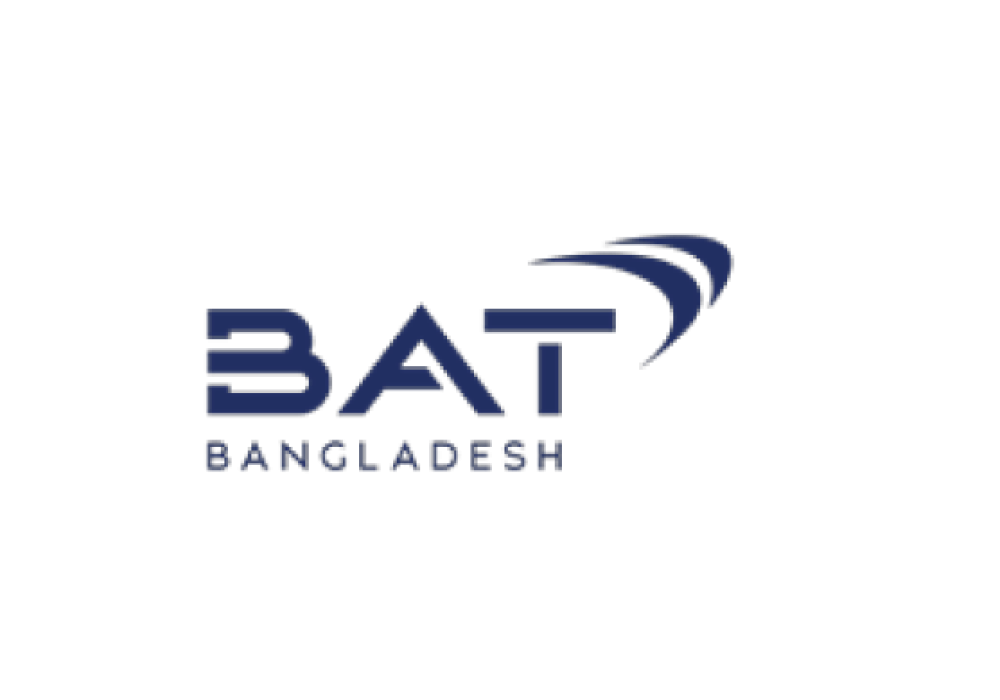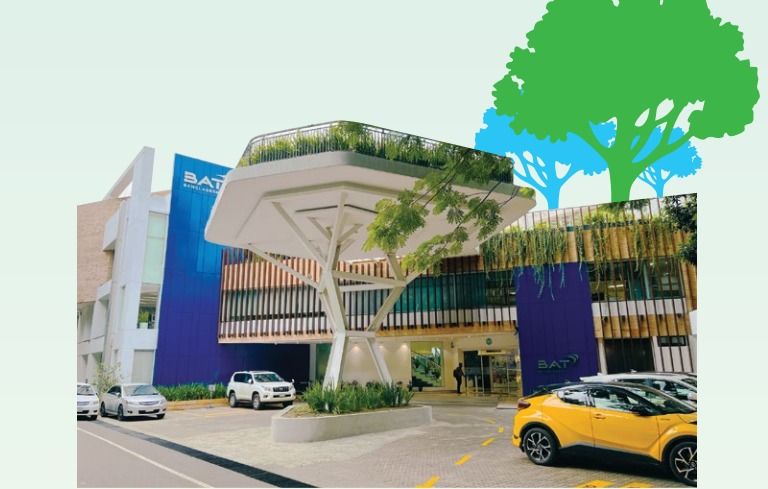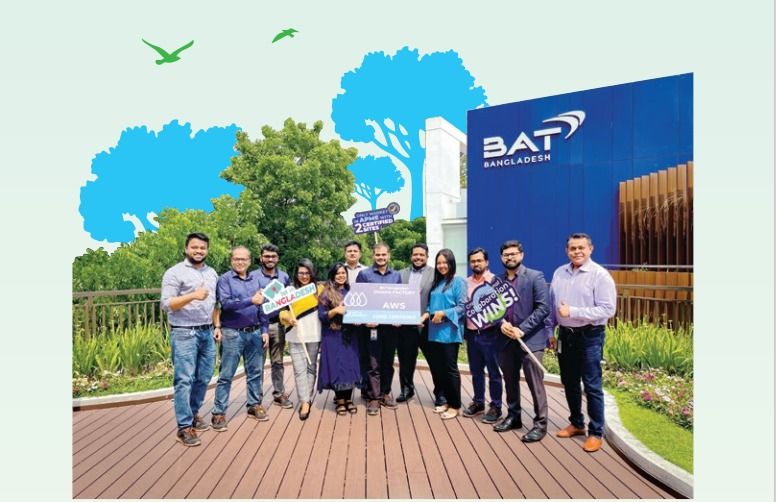![]() Mr. Shehzad Munim
Mr. Shehzad Munim
![]() August 26, 2023
August 26, 2023
![]() (0) Comment
(0) Comment

![]() Mr. Shehzad Munim
Mr. Shehzad Munim
![]() August 26, 2023
August 26, 2023
![]() (0) Comment
(0) Comment

The global water crisis is one of the gravest depictions of the consequences of climate change. According to the UN, every day, over 700 children under 5 die from diarrhea linked to inadequate water, sanitation, and hygiene. And if we don’t act now, by 2040, almost 1 in 4 children will live in areas of extremely high-water stress.
While there are many global initiatives including the Paris Climate Agreement that aims to limit global warming, we also need private companies to come forward and help make this greener transition possible. Keeping this in mind, BAT Bangladesh is one of the pioneers in the country to have set its ambitious ESG – Environment, Society and Governance goals that are working towards the reduction of carbon emission and responsible water management by introducing innovative technology to not only reduce groundwater withdrawal but also recycle and reuse water. BAT Bangladesh has made significant progress against its targets including an 18% water recycled across sites for which it was awarded AWS certification for its Dhaka Factory and Green Leaf Threshing Plant (GLTP) in Kushtia, making it the first company in Bangladesh to do so. The company has also been awarded a Leadership in Energy and Environmental Design (LEED) Certification for its green office.
The AWS International Water Stewardship Standard (AWS Standard) provides large water users with a framework for understanding their water use and impacts while collaborating and being open in order to manage water sustainably within a watershed environment. Starting from its LEAF operations BAT Bangladesh has made an enormous effort to make changes in its Dhaka and Kushtia Factory. All their plans are upgraded and revised on a regular basis

To minimize adverse environmental impact and prioritize maximum output, BAT Bangladesh has introduced a couple of new irrigation techniques like alternate furrow irrigation in farming. To understand the grass root level concerns and share the use of responsible water use by them, BAT Bangladesh conducts regular sustainability meetings. The research team is able to prepare, plan and improve the condition from the information which is obtained.
For water recycling, an in-house effluent treatment plant and sewage treatment plant are used to treat wastewater. Biochips are used to conduct the primary treatment of the effluent treatment process. After which it is fed, to the reverse osmosis plants, and the rest is used in biofilters and in gardens
Keeping in line with their ambitious ESG goals and aim for a greener tomorrow, BAT Bangladesh has also achieved another successful milestone of getting the LEED Certification. This Certificate is a green building certification program that is used worldwide, and it focuses on the physical aspects of the building and its infrastructure. To achieve this certification, the Company’s head office was renovated ensuring maximum natural lighting, incorporation of occupancy sensors, energy-efficient lighting, reusing, and recycling of construction waste, provision of 15% fresh air flow, biodiversity corner, and many more structural innovations.
The time to act for containing the impacts of climate change is now. Without a collective drive from Local and Global stakeholders, this mammoth task cannot be achieved. Keeping this in mind and with the vision of a better tomorrow, BAT Bangladesh continues to work with sustainable and innovative solutions to help the government of Bangladesh to contribute to global targets set for Climate change.